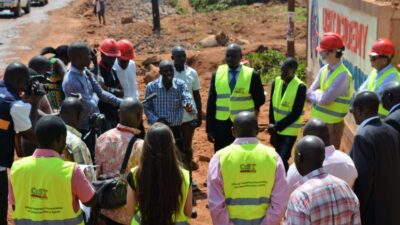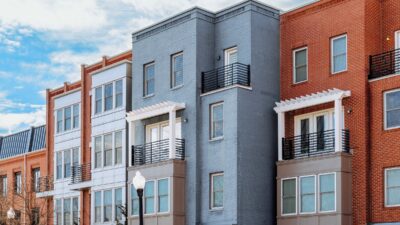Kampala’s commercial real estate sector is undergoing a transformation, driven by shifts in work patterns, consumer behavior, and technological adoption. Traditional office towers face vacancy pressures, while flexible workspace and retail assets adapt to evolving tenant needs.
Market Transformations
- Hybrid Work Models: Post-pandemic, hybrid work has reduced demand for conventional office space by an estimated 15%, prompting landlords to repurpose vacant floors into coworking hubs and event spaces.
- E-commerce Impact: Growth in online shopping has altered retail real estate performance, with malls integrating “click-and-collect” zones and experiential retail to maintain foot traffic.
- Logistics & Warehousing: The rise of third-party logistics (3PL) providers has spurred demand for warehouse and distribution centers along the Kampala–Masaka and Kampala–Jinja corridors.
Challenges
- Vacancy Pressures: Grade A office stock vacancy rates reached 28% by Q1 2025, reducing average rents from UGX 45,000 to UGX 38,000 per square meter per month.
- Retail Repositioning: Declining footfall in traditional malls requires landlords to invest in food courts, entertainment attractions, and mixed-use conversions to revitalize assets.
- Infrastructure Dependencies: Reliable power and fiber connectivity remain inconsistent, impacting tenant willingness to commit to longer leases and digital business operations.
Private Sector Responses
- Coworking Growth: Operators like Hive Colab and Co-Working Uganda expanded footprints by 30% in 2024, offering flexible leasing, plug-and-play offices, and community events to retain membership.
- Mall Retrofits: Developers repositioned underperforming malls (e.g., Acacia Mall) by integrating health centers, educational facilities, and coworking zones, creating diversified revenue streams.
- Industrial Parks: The Uganda Industrial Park Consortium launched Phase II of Namanve Industrial Park, adding 200,000 sqm of built-to-suit facilities for manufacturing and logistics.
Investor Implications
- Adaptive Reuse Potential: Investors can capitalize on converting underutilized office blocks into high-demand coworking and mixed-use spaces.
- Diversification Benefits: Combining retail, office, and logistics assets within a portfolio can hedge against sector-specific downturns.
- Infrastructure Investments: Partnerships with telecom and power providers to enhance asset connectivity can unlock premium rents and tenant retention.
Conclusion
Kampala’s commercial real estate sector is at an inflection point, shifting from traditional models to hybrid, mixed-use, and logistics-driven frameworks. Stakeholders who embrace adaptive reuse, invest in connectivity, and diversify property types will thrive in this evolving landscape.



